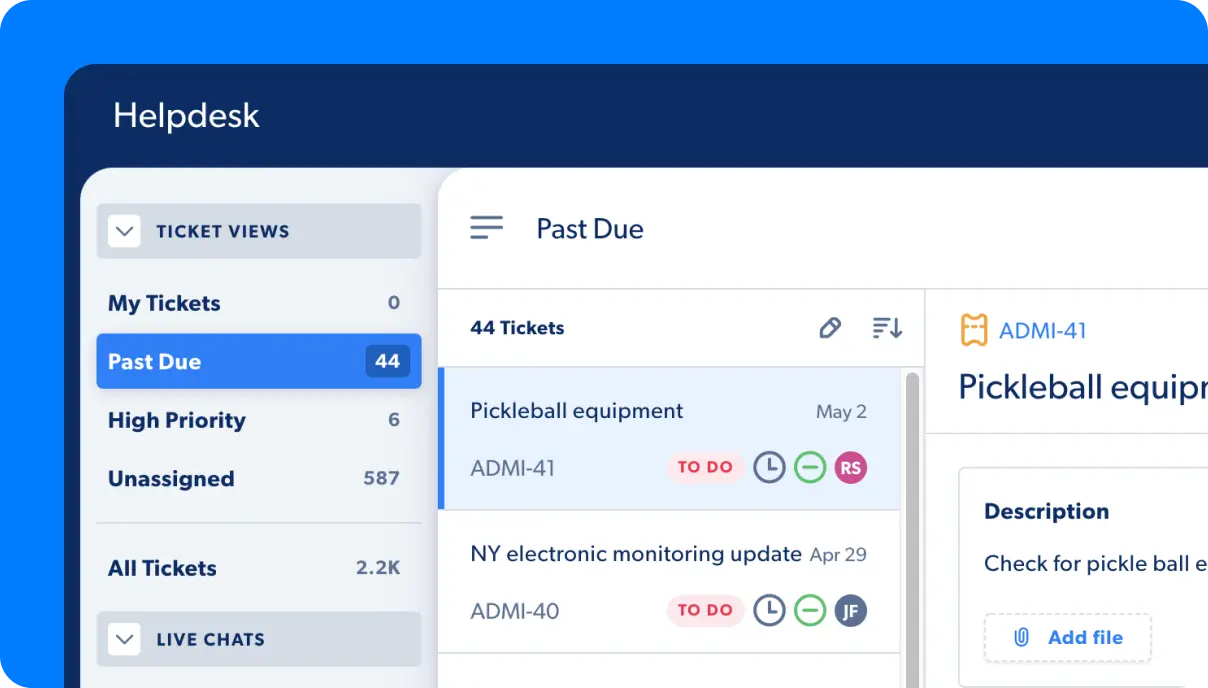Delivering exceptional experiences is crucial for the success of any organization. According to Qualtrics, about 9.5% of your business’ revenue could be at risk due to bad experiences. And consumers are 3.5x more likely to purchase from a company after a positive customer experience. Quality assurance ensures your call center meets or exceeds customer expectations.
This article will explore the significance of quality assurance in a call center environment, providing insights into defining and measuring quality, establishing an effective QA program, and driving success alongside your call center agents. Whether you’re a call center director, manager, or customer ops leader, understanding the importance of call center QA is essential for elevating the customer experience and achieving business objectives.
Defining quality in your call center
Quality extends beyond simply resolving customer issues; it encompasses the entire customer journey and their experience with your brand.
Define the objectives of your call center QA program

To define quality in your call center, engage key stakeholders, including management and customer ops leaders, in a collaborative discussion. Together, identify the objectives and goals of your call center QA program. By aligning with your brand values and customer satisfaction goals, you can create a philosophy of what “quality” means for your organization. Consider the key elements that contribute to a high-quality customer experience. These may include personalized and empathetic interactions, accurate and timely resolutions, consistency across communication channels, and meeting customer expectations. You can establish clear guidelines and standards for your call center agents by identifying and prioritizing these elements.
Determining the criteria for your call center QA
Once you have established the objectives, it’s time to determine the criteria for your call center QA. Since communication channels may vary within your call center, defining what quality means for each channel is essential. For example, if your call center handles phone calls, factors such as agent professionalism, active listening skills, problem-solving abilities, and compelling call closure may be critical for evaluating quality. On the other hand, for written channels like emails or live chat, factors such as response time, clarity of communication, adherence to brand guidelines, and grammar accuracy may be more relevant.
Choose which call center KPIs your team will track

In addition to channel-specific criteria, choosing the key performance indicators (KPIs) that your team will track to evaluate the quality of customer interactions is essential. These KPIs may include first-call resolution, average response time, customer satisfaction ratings, or adherence to scripting guidelines. Select the KPIs that align with your call center’s objectives and provide meaningful insights into your team’s performance and customer satisfaction.
See how your help desk and call center platform can help you track quality
To effectively track and measure quality in your call center, use the capabilities of your helpdesk and call center platform. These tools often offer built-in features for monitoring and analyzing customer interactions, providing valuable insights into your call center’s performance.
Take advantage of features such as call recording and speech analytics to evaluate agent-customer conversations. These tools can help identify areas of improvement, highlight best practices, and ensure adherence to quality standards. Additionally, monitor email responses, chat transcripts, or social media interactions to maintain consistency and meet customer expectations.
Your helpdesk and call center platform can generate automated reports and dashboards, providing real-time visibility into key quality metrics. These reports allow you to identify trends, patterns, and areas for improvement. Regularly review these insights and use them to provide targeted coaching and training to your agents, fostering continuous improvement and driving the overall quality of your call center.
Building out your call center QA scorecard
A crucial element of your QA program is the development of a comprehensive scorecard that outlines the evaluation criteria and measures performance against quality standards. Your call center QA scorecard should be transparent, providing clear guidelines for agents to understand expectations and areas of improvement.

The scorecard should include detailed evaluation criteria for each communication channel, aligning with the earlier quality objectives. Consider aspects such as greeting, empathy, active listening, problem-solving, and call closure for phone calls. For written channels like emails or chats, evaluate factors such as grammar and spelling accuracy, tone of communication, clarity of information, and adherence to brand guidelines.
It’s essential to balance objective and subjective criteria on your scorecard. You can easily measure objective criteria such as average response time or adherence to scripting guidelines. On the other hand, personal standards require evaluators to assess the quality of interactions based on their judgment and expertise. Examples of subjective criteria include the agent’s ability to handle complex customer issues or their overall professionalism during customer interactions.
To ensure consistency and fairness in evaluations, establish clear guidelines for scoring each criterion on the scorecard. Consider quantifying performance levels by using a rating scale, such as a numerical scale or a grading system. Provide detailed explanations or examples for each score to guide evaluators’ assessments.
Making success transparent with call center QA scorecards
Once your call center QA scorecards are in place, make them accessible and transparent to all team members. Display them in a centralized location, such as an internal portal or shared document, where agents can easily access and review their scores. Transparency fosters a culture of accountability and provides agents with a clear understanding of their performance.
Encourage regular feedback sessions with agents to discuss their scores, strengths, and areas for improvement. These sessions should focus on identifying areas of development and recognizing and celebrating exceptional performance. By creating a supportive feedback loop, agents will feel empowered to improve their skills and contribute to the overall success of the call center.
Regularly review and update your call center QA scorecards to reflect changes in customer expectations, industry trends, or internal goals. Solicit feedback from agents, team leaders, and other stakeholders to ensure the scorecards remain relevant and effective in driving quality improvements.

Quality assurance plays a pivotal role in a call center’s ability to deliver exceptional customer experiences consistently. By defining quality objectives, determining specific evaluation criteria, using technology, and building transparent QA scorecards, you can foster a culture of continuous improvement and exceed customer expectations. Remember, quality assurance is an ongoing process that requires regular evaluation, measurement, and refinement.
Embrace the power of call center QA, and ensure that quality becomes ingrained in every customer interaction within your organization. By prioritizing quality, you will inspire customer loyalty, enhance brand reputation, and create a customer-centric call center environment that sets your organization apart.
Partner with a help desk platform that makes quality assurance simple. Check out Capacity and try it for free today!

Automate Your Work
Capacity’s enterprise AI chatbot can help:
- Answer FAQs anytime, anywhere
- Find relevant documents within seconds
- Give surveys and collect feedback













































